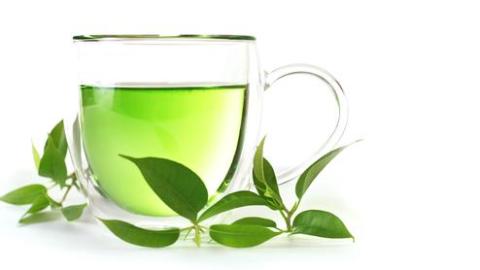How Green Tea Boosts Brain Cells and Aids Memory

What’s the Latest Development?
A team of Chinese researchers have successfully shown that an organic chemical in green tea aids in the generation of brain cells, and benefits memory and spatial learning. The chemical in question is called EGCG, or epigallocatechin-3 gallate, which can easily pass the blood-brain barrier and reach the functional parts of the brain. “While EGCG is a known antioxidant, the team believes it could also have a beneficial effect against age-related degenerative diseases.” Improved brain cell generation in the hippocampus, for example, works to improve memory.
What’s the Big Idea?
Brain cell generation declines with age, and as it does, the brain becomes more vulnerable to neurological disorders associated with cognitive decline. The study’s findings, however, “warrant a general recommendation to consume green tea regularly for disease prevention and provide support that EGCG may have therapeutic uses for treating neurodegenerative disorders,” the researchers conclude. “Human epidemiological data show that green tea consumption is inversely correlated with the incidence of dementia, Alzheimer’s disease, and Parkinson’s disease.”
Photo credit: Shutterstock.com





